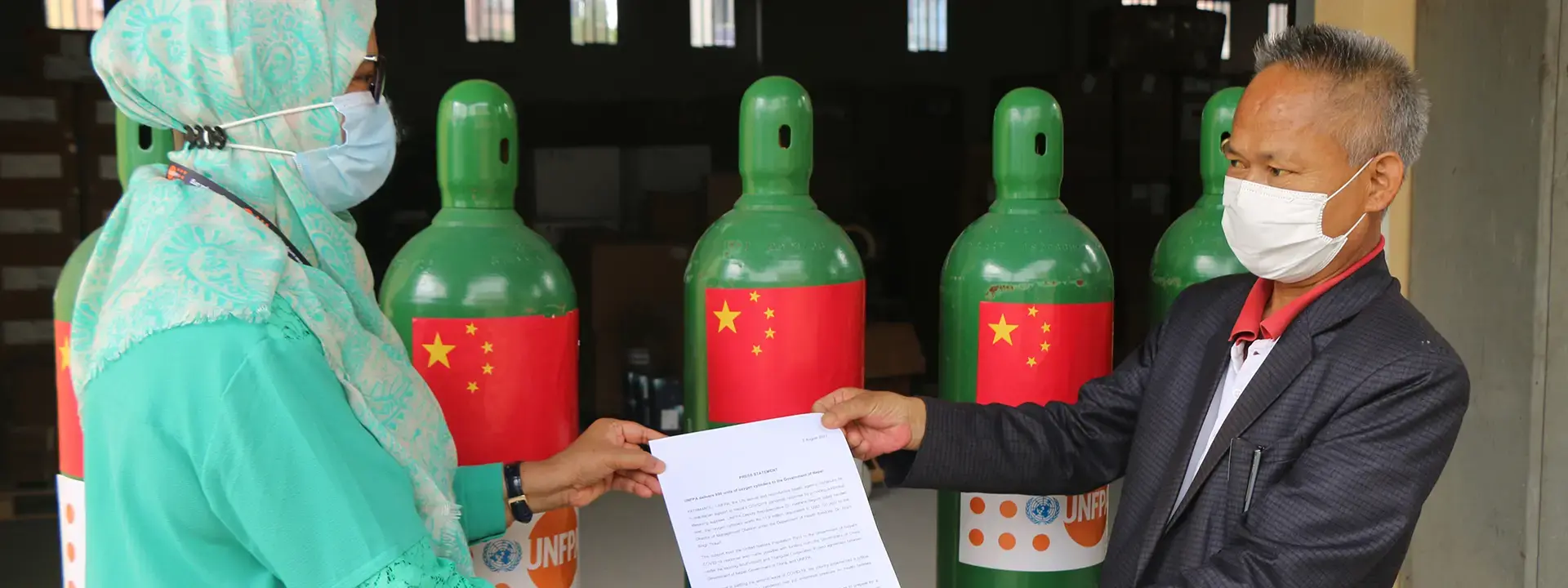South-South and Triangular Cooperation (SSTC) is a development and humanitarian programming modality mandated by the Member States of the United Nations as articulated in numerous international agreements and UN General Assembly resolutions. Countries in the global South have gained considerable knowledge and experience from decades of national development progress and international development assistance, which they can then share with other countries in the global South through SSTC.
China has become an important participant in SSTC with other developing countries. It is committed to enhancing international development cooperation for the effective implementation of the 2030 Agenda through working with the United Nations and other partners.
Guided by the 1994 Programme of Action of the International Conference on Population and Development (ICPD), UNFPA plays the role as neutral broker and provider of technical support on major aspects of the unfinished ICPD Agenda in China and other developing countries, including youth sexual and reproductive health and rights, sexuality education, equity and quality of care in sexual and reproductive health services, low fertility, ageing, ending gender-biased sex selection, and multisectoral responses to gender-based violence.
Examples of SSTC initiatives that UNFPA facilitated between China and other developing countries include:
- Increasing access to reproductive and maternal health services in Serekunda, a community in Gambia, 2020-2023
- Improving maternal health quality of care in emergencies in Cyclone affected districts of Chimanimani and Chipinge in Zimbabwe, 2020-2022
- Continuity of essential health services during COVID-19 restricted movement through scaling up the use of DMPA-SubQ through community based distributors of family planning in Lesotho, 2020
- Investing in crisis-affected health facilities and strengthening access to life-saving sexual and reproductive health services in Mozambique, 2019-2022


